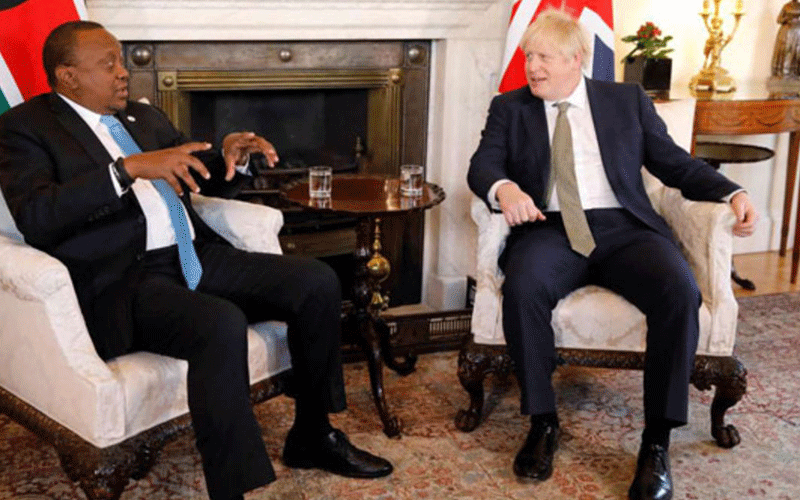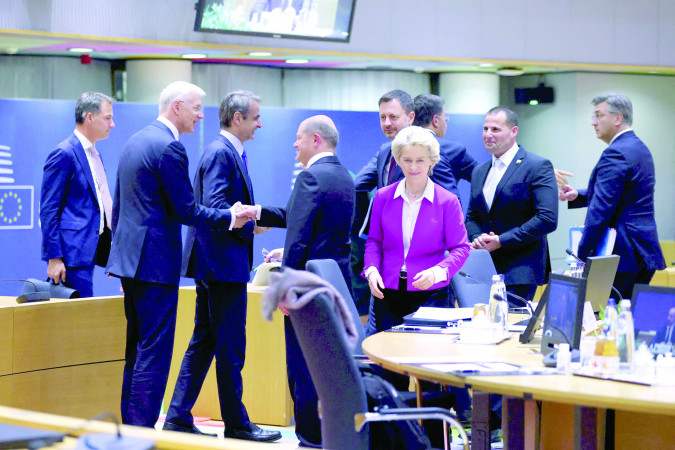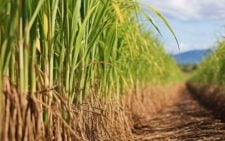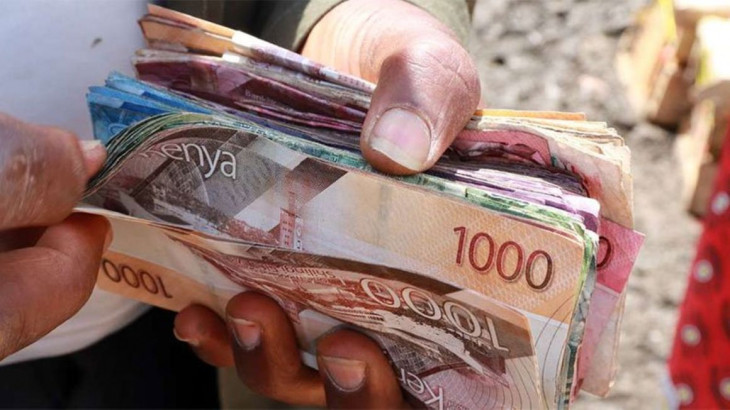Kenya inches closer to inking post-brexit deal

Lewis Njoka @LewisNjoka
Kenya is on the verge of concluding a trade agreement with the UK that will ensure it continues to access the European nation’s market even after UK exits the European Union customs union and the European Union single customs territory on December 31.
At the same time, the government has reiterated it will not accept any proposals in Kenya-US Free Trade Agreement (FTA), also under negotiation, that could reverse the gains realised from the 2017 restrictions on use of plastic bags.
Industrialisation Cabinet Secretary Betty Maina said the Kenya-UK Economic Partnership Agreement (EPA) negotiations, which started in August this year, were concluded after several rounds of negotiations culminating in the initialling of the text on November 3.
“The process of legal scrubbing to clear the text for signature and ratification has already been concluded.
The agreement will enter into force when the two parties deposit the instruments of ratification,” she said.
“However, the agreement can be implemented provided Kenya has deposited her instrument of ratification since the UK can provisionally implement the agreement,” she added.
Maina was appearing before the senate committee on Trade and Tourism to shed light on the two trade agreements.
Mid this year, President Uhuru Kenyatta spoke on phone with UK Prime Minister Boris Johnson where the two leaders agreed to start discussions on a new trade agreement.
A statement from State House in Nairobi said the two agreed to authorise discussions on how the two countries will conduct business, once the UK fully leaves the European Union in January.
The UK is an important export destination for Kenya having earned the country an annual average of Sh39 billion for the five years between 2015 and 2019.
Previously, Kenya has been accessing the UK and the larger EU market on a duty free and quota free basis under temporary conditions given under the EU Market Access Regulation 1528/2007.
European Union
However, accessing the UK market via the EU arrangement will no longer be possible starting December 31 after UK exits the European Union on January 31, a move popularly known as Brexit.
According to the Brexit terms of withdrawal, UK remains part of the EU customs union and EU single customs territory until December 31.
The agreement allows for other East African Community states to join the agreement later under the same conditions as Kenya.
Even if they don’t, they will still be able to access the UK market as they fall within the Least Developed Countries category.
Kenya, on the other hand, will be locked out of the UK market unless it signs and ratifies the agreement before December 31 as it is a lower-middle income country.
The EPA, according to Maina, will give Kenya a duty free and quota free market access for all products, including manufactured ones.
It has simplified rules of origin that make it easier to export to the UK and opens up new areas for exports, among other benefits.
On Kenya-US deal, Maina said no proposal has been tabled to have Kenya serve as a future hub for supplying US-made chemicals and plastics to other markets in Africa through the trade agreement.
Maina’s statement was in response a New York Times report published earlier in the year alleging that the American Chemistry Council had lobbied the US government to use the US-Kenya trade deal to expand the plastics industry’s footprint across Africa.















